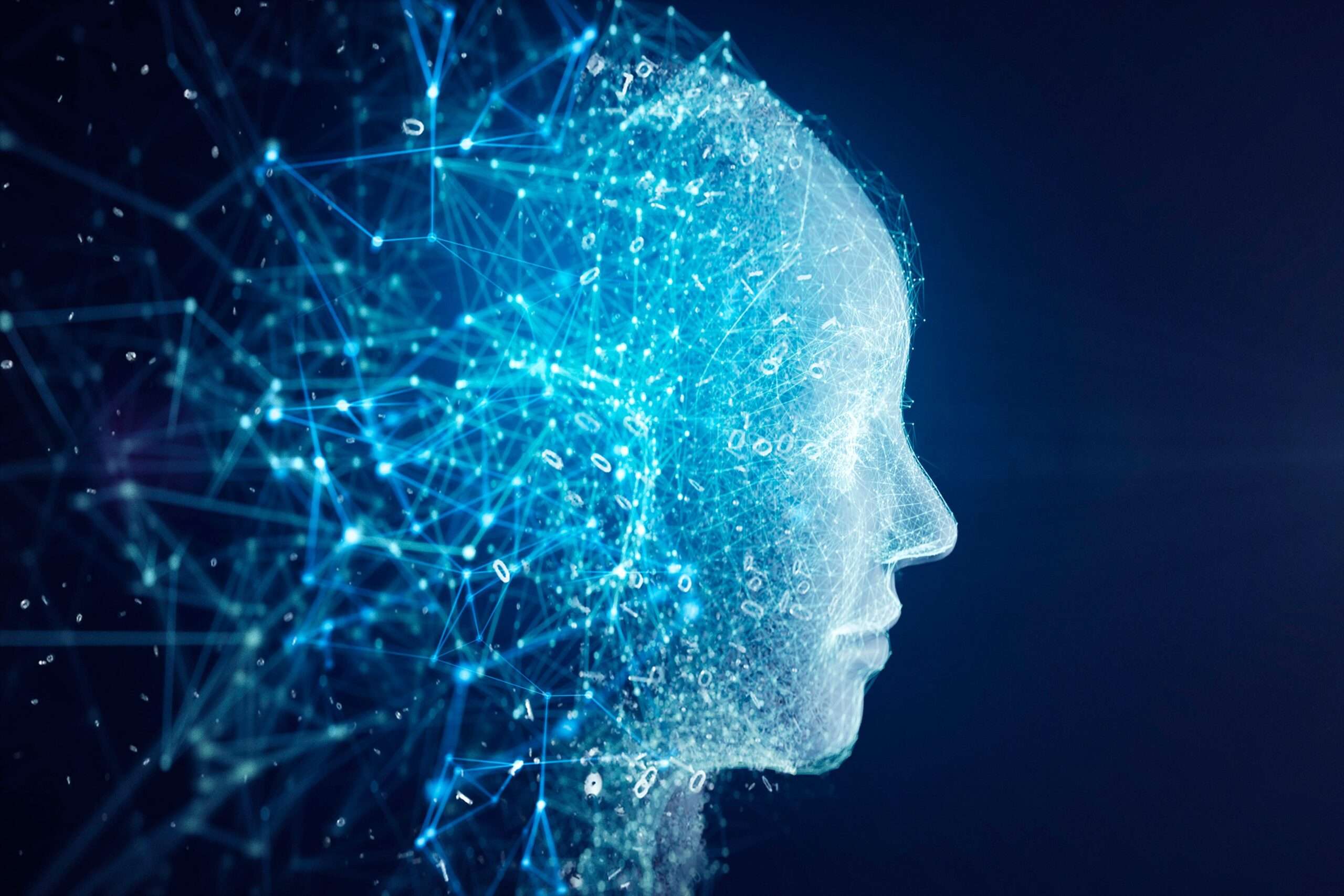The benefits of using responsible AI in business operations.

Responsible AI, also known as ethical AI or trustworthy AI, refers to the use of artificial intelligence in a way that is transparent, fair, accountable, and beneficial to all stakeholders.
The use of responsible AI can have a significant impact on businesses in several ways, as explained below:
1. 𝐈𝐦𝐩𝐫𝐨𝐯𝐞𝐝 𝐜𝐮𝐬𝐭𝐨𝐦𝐞𝐫 𝐭𝐫𝐮𝐬𝐭: By implementing responsible AI practices, businesses can increase their transparency and accountability, which in turn helps to build customer trust. Customers are more likely to trust companies that use AI ethically, and are more likely to do business with them.
𝟐. 𝐈𝐧𝐜𝐫𝐞𝐚𝐬𝐞𝐝 𝐞𝐟𝐟𝐢𝐜𝐢𝐞𝐧𝐜𝐲: Responsible AI can help businesses automate routine tasks and make better decisions faster, which can lead to increased efficiency and productivity. AI systems can analyze vast amounts of data and provide insights that humans may not be able to identify on their own, allowing businesses to optimize their operations and reduce costs.
𝟑. 𝐑𝐞𝐝𝐮𝐜𝐞𝐝 𝐫𝐢𝐬𝐤: AI systems can be programmed to identify and mitigate risks in real-time, reducing the chances of costly mistakes or legal issues.
For example, AI can help financial institutions detect fraudulent transactions, or assist healthcare providers in identifying potential health risks for patients.
𝟒. 𝐄𝐧𝐡𝐚𝐧𝐜𝐞𝐝 𝐢𝐧𝐧𝐨𝐯𝐚𝐭𝐢𝐨𝐧: Responsible AI can enable businesses to develop new products and services that are more innovative, sustainable, and socially responsible.
For example, AI can be used to develop energy-efficient technologies, reduce waste, or improve supply chain management.
𝟓. 𝐂𝐨𝐦𝐩𝐥𝐢𝐚𝐧𝐜𝐞 𝐰𝐢𝐭𝐡 𝐫𝐞𝐠𝐮𝐥𝐚𝐭𝐢𝐨𝐧𝐬: As governments and regulators increasingly focus on AI ethics and responsible AI, businesses that adopt responsible AI practices are more likely to comply with these regulations, avoid fines and legal penalties, and maintain their reputation.
𝟔. 𝐈𝐦𝐩𝐫𝐨𝐯𝐞𝐝 𝐝𝐞𝐜𝐢𝐬𝐢𝐨𝐧-𝐦𝐚𝐤𝐢𝐧𝐠: AI systems are often used to make critical business decisions, such as product recommendations, fraud detection, and credit scoring.
𝟕. 𝐈𝐧𝐜𝐫𝐞𝐚𝐬𝐞𝐝 𝐭𝐫𝐮𝐬𝐭 𝐚𝐧𝐝 𝐭𝐫𝐚𝐧𝐬𝐩𝐚𝐫𝐞𝐧𝐜𝐲: Responsible AI can also help businesses build trust with their customers by being transparent
In conclusion, responsible AI can have a significant positive impact on businesses, by increasing customer trust, improving efficiency, reducing risk, enhancing innovation, and ensuring compliance with regulations.
As AI technology continues to advance, businesses that prioritize responsible AI will have a competitive advantage, and be better positioned to succeed in the long term.

Welcome to the Future: New Digital Marketing Trends Shaking Up 2024

How To Humanitise Your B2B Brand

5 Cost-Effective Digital Marketing Strategies for Small Businesses





